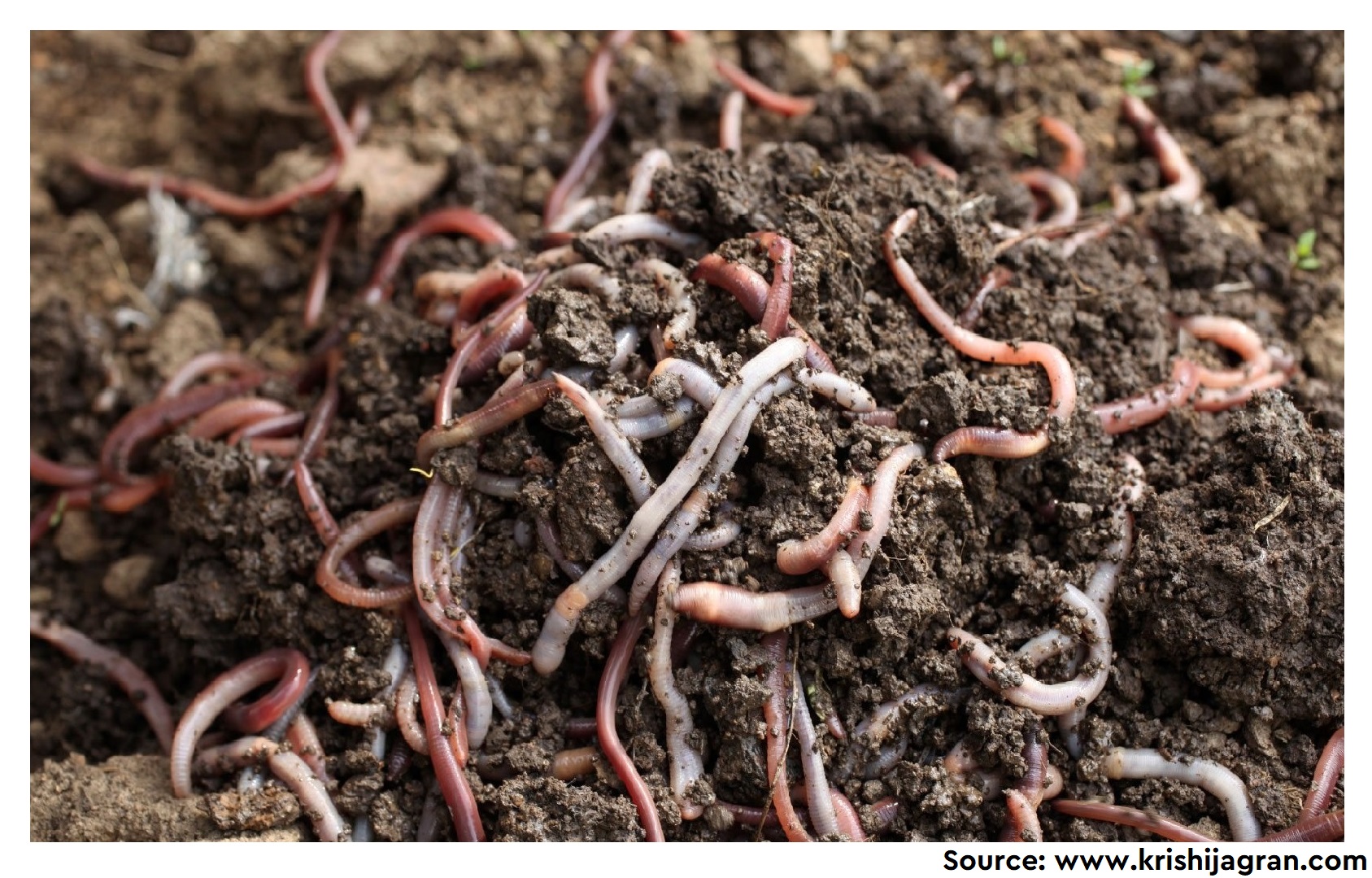Antibiotic resistance (ABR) is ‘one health’ challenge and it needs to be tackled with the one health approach. The injudicious use of antibiotics in human, animal and plant health has increased the abundance of antibiotic, antibiotic-resistant bacteria (ARBs) and antibiotic-resistant genes (ARGs) in the environment. It has been found that the soils from varied ecosystem are a hub of antibiotic resistance genes (ARGs). Moreover, the spread of antibiotic resistance genes from the soil leads to antibiotic-resistant infections in human, animal and plant. Hence, cost-effective methods to control the dissemination of ARGs from soils are urgently required.
A recent study led by Yong-Guan Zhu, Research Center for Eco-Environmental Sciences, Chinese Academy of Sciences, Beijing demonstrated that earthworms reduce the antibiotic resistance genes present in the soil. The study also showed that the earthworm gut has a lower concentration of the bacteria-containing ARGs mobile genetic elements and bacteria possessing ARGs. Moreover, microcosm studies confirmed the activity of the earthworm against ARGs.
Thus, research findings from the aforementioned study can be used to develop earthworm dependent bioremediation methods to diminish the potential threat associated with antibiotic resistance.
For more information, please visit the website of Environmental Science & Technology journal (link).
Deciphering potential roles of earthworms in mitigation of antibiotic resistance in the soils from diverse ecosystems







